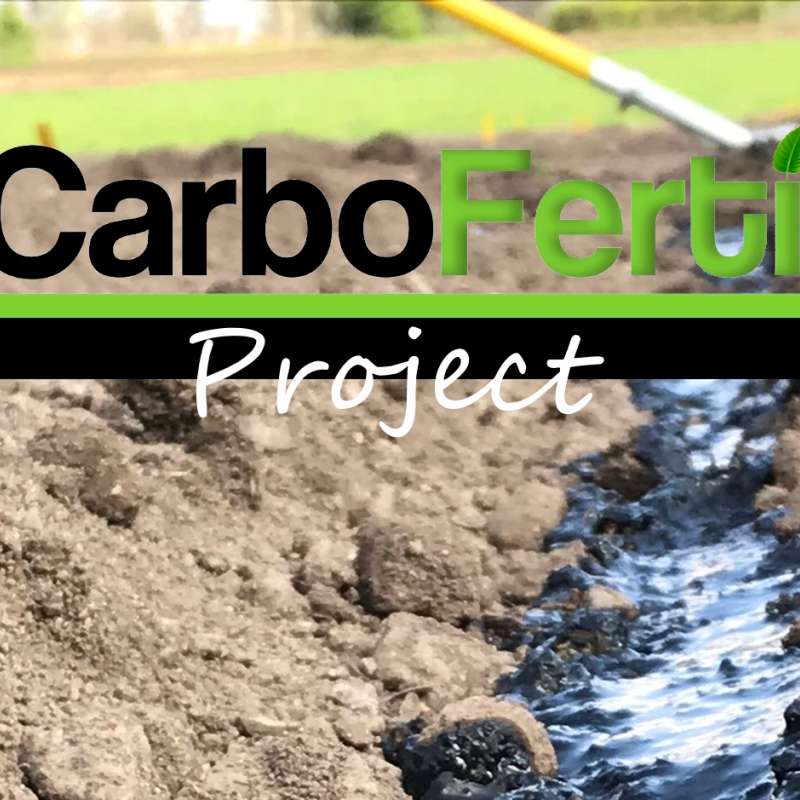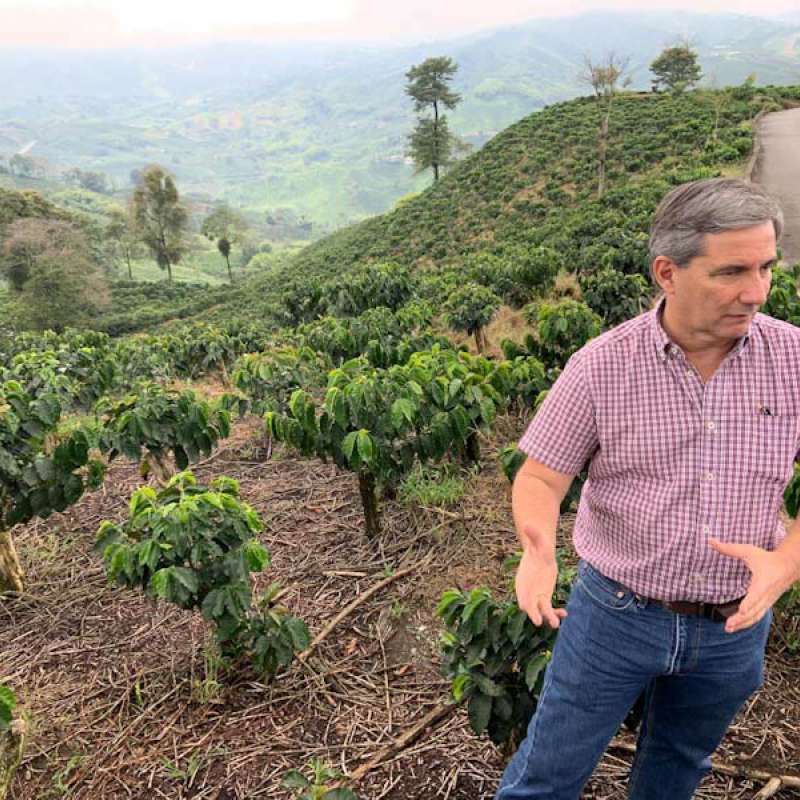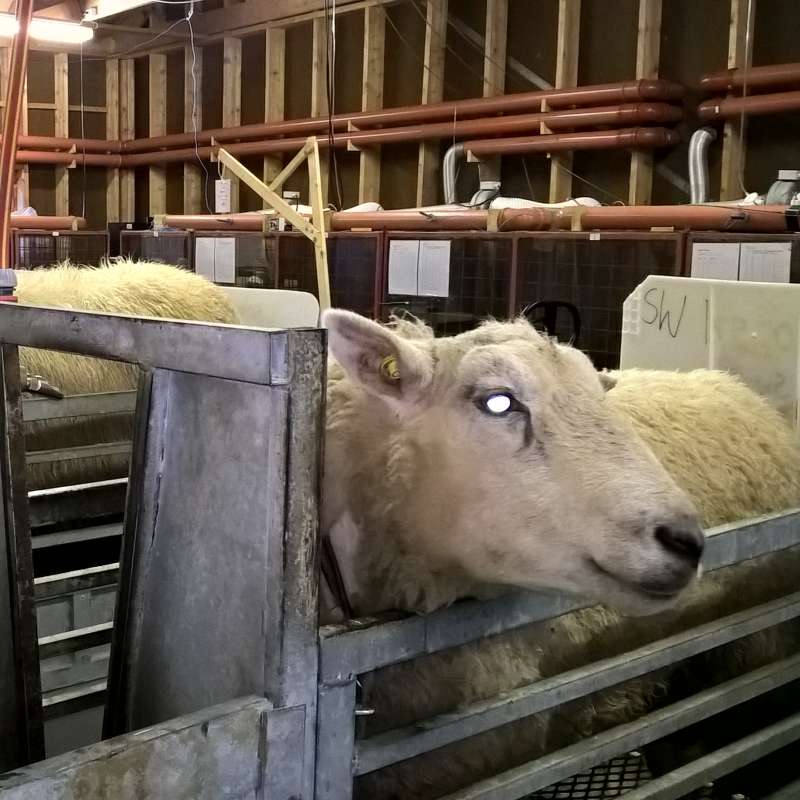
Division of Environment and Natural Resources
CARBO-FERTIL : Implementing biochar-fertilizer solution in Norway for climate and food production benefits
Norway is strongly committed to the Paris Climate Agreement with an ambitious goal of 40% reduction in greenhouse gas emission by 2030. In this context, the land sector has the unique capacity to actively removing CO



